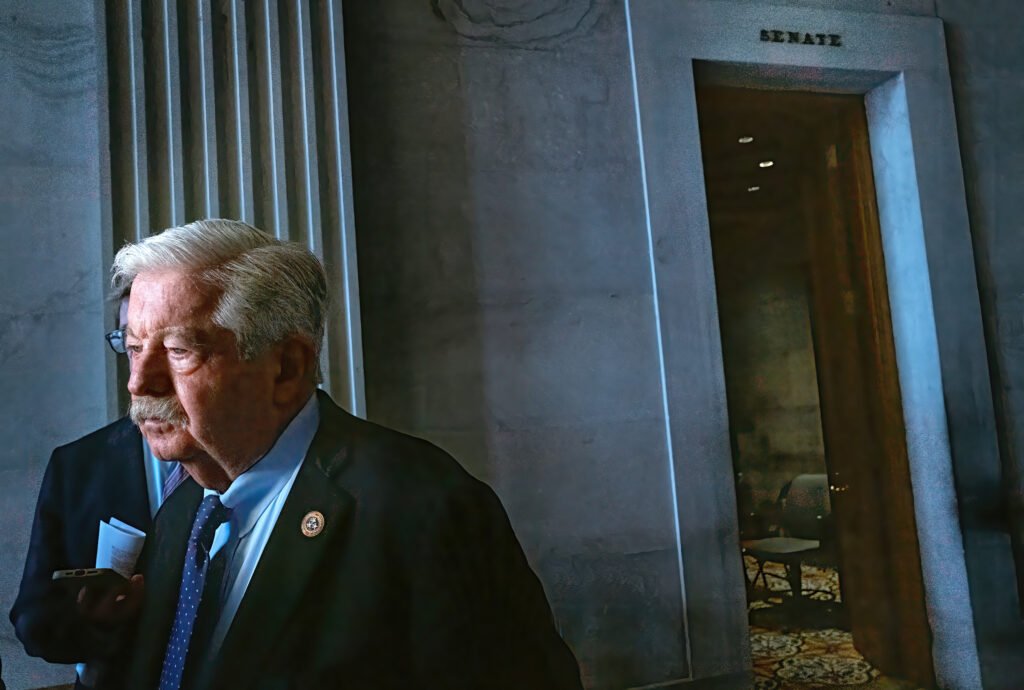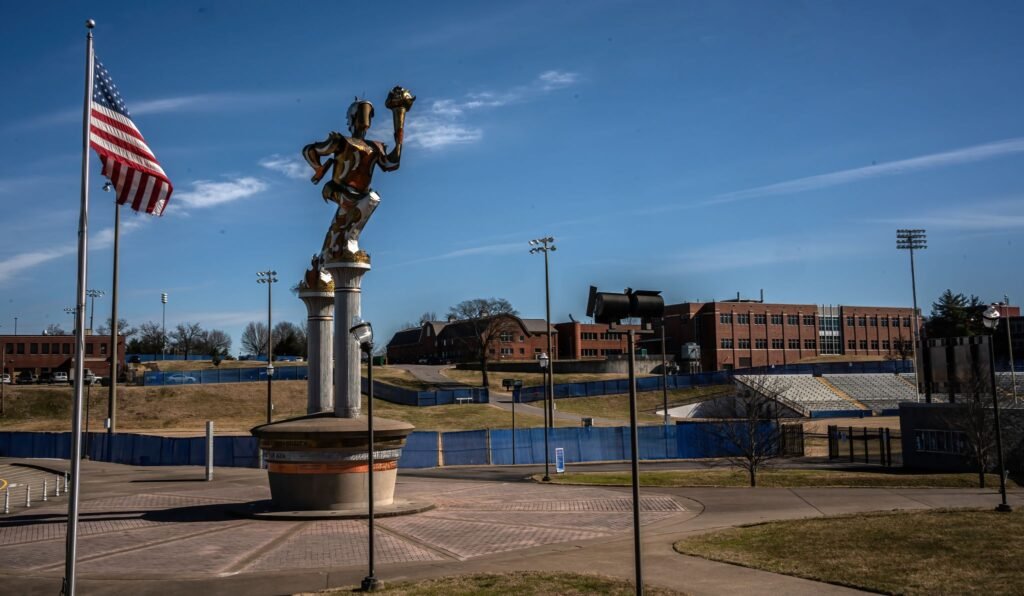Read Part 1
Center for Investigative Journalism reporter Nate Halverson speaks with Sarah Porter, director of the Kyle Center for Water Policy at Arizona State University, about foreign companies buying up square miles of land in La Paz County, Arizona, to grow alfalfa and export it overseas. This is a lucrative business because Arizona has no groundwater regulations and La Paz County has a significant underground aquifer. If you dig a deep well, the water is essentially free.
Alfalfa is one of the most water-intensive crops grown in the U.S. Essentially, companies in Saudi Arabia and the United Arab Emirates (UAE) are extracting water from one desert and shipping it to another.
This story aired last week on radio station KSUT. You can listen to the audio from the broadcast here.
Nate Halverson: Sarah and I have discussed at length the Arizona Groundwater Management Act. This is a 1980s law that governs much of the current situation with water in Arizona. It was a hard fight to get this law passed. Cities, agriculture, and mining companies all competed to get what went into the law. In the end, groundwater is regulated in urban areas like Phoenix, but not in rural areas like La Paz. It's basically left laissez-faire. This lack of regulation has created a business opportunity for farm investors from all over the world. I have a newspaper ad that I cut out. It's a color ad that says, “Water problem? Come to Arizona. We have unregulated water.”…
…Sarah currently sits on Arizona Governor Katie Hobbs' Water Policy Council, which was created to address rural groundwater issues in 2023. She says that if state lawmakers aren't going to rein in the problem, they should at least be open about what's going on.
Sarah Porter: If we're going to make it state policy to allow landowners to extract all the water from their aquifers, then we should also be talking about stronger consumer protections so that people aren't investing their fortunes in their own little plots of land only to find that a huge industrial-scale agricultural operation moves in next door and dries up their wells.
Nate Halverson: But it's already happening in places like La Paz.
Sarah Porter: And we think that some rural communities may choose to manage their groundwater in ways that may be unsustainable and drain all the water from their aquifers. That may be what some rural communities are willing to do.
Nate Halverson: I've talked to county supervisors like Holly Irwin, and she says she doesn't have the authority to stop people from pumping water in her county.
Sarah Porter: No. One of the big problems is that once you have people who use a lot of water, it becomes much harder to solve the problem.
Nate Halverson: So what happens to the people of La Paz County?
Sarah Porter: The reality is that a demand for water is a demand for water.
Nate Halverson: So people's wells are going to run dry, is that the future?
Sarah Porter: Maybe. That's the reality. We're talking about an existential situation for some of these places.
Nate Halverson: In an existential sense, they're going to lose their well, they're going to lose their life savings.
Sarah Porter: Well, without water there's no town.
While researching La Paz's water situation, Halverson uncovered documents showing that Arizona's public employee pension fund had invested in an alfalfa farming company in the United Arab Emirates that was selling hay grown with Arizona's precious water to foreign countries.
He met with Arizona Attorney General Chris Mays at her office in downtown Phoenix. Mays, a Democrat, narrowly won election to be the state's top law enforcement officer in 2022. Her campaign was on voting rights, public safety and water.
Nate Halverson: If you look at page 77 of the report, you can clearly see that state pension fund money was put into land leased by another Middle Eastern company that's growing alfalfa and shipping it overseas, to China, to the Middle East, where it will probably sell for top dollar.
Chris Mays: Is this a farm in the United Arab Emirates? Oh my goodness.
NATE HALVERSON: Mays narrows her eyes and starts taking notes. This isn't the Saudi-owned farm she's campaigning against. It's a farming company in the United Arab Emirates, which is actually funded by the country's national pension fund.
Chris Mays: State pension fund money?
Nate Halverson: So you're all pension fund people.
Chris Mays: Yes, we all contribute to the pension fund. Individually, all public servants contribute. Yes.
Nate Halverson: So state employees' money was used to export state water.
Chris Mays: I think Arizonans are going to be outraged by this. This just makes an already terrible situation even worse and again shows the complete failure of our government to protect our people and our future. As an Arizona citizen and as the Attorney General, this is obviously very shocking and incredible, but in some ways maybe not so much, given what's happened in the past…
NATE HALVARSON: I ask Mays if it's a conflict of interest that state officials in charge of managing the aquifer have a financial interest in allowing IFC to pump as much water as they want in La Paz County.
Chris Mays: That's a difficult question, and I'm not going to comment on that, because you really have to think it through and get to the bottom of it, and your reporting obviously starts that process.
NATE HALVERSON: Mays told me the state can't keep making these kinds of mistakes when it comes to water.
Chris Mays: Water is life in Arizona, and our survival as a state depends on us doing better when it comes to water.
Read Part 3…
















